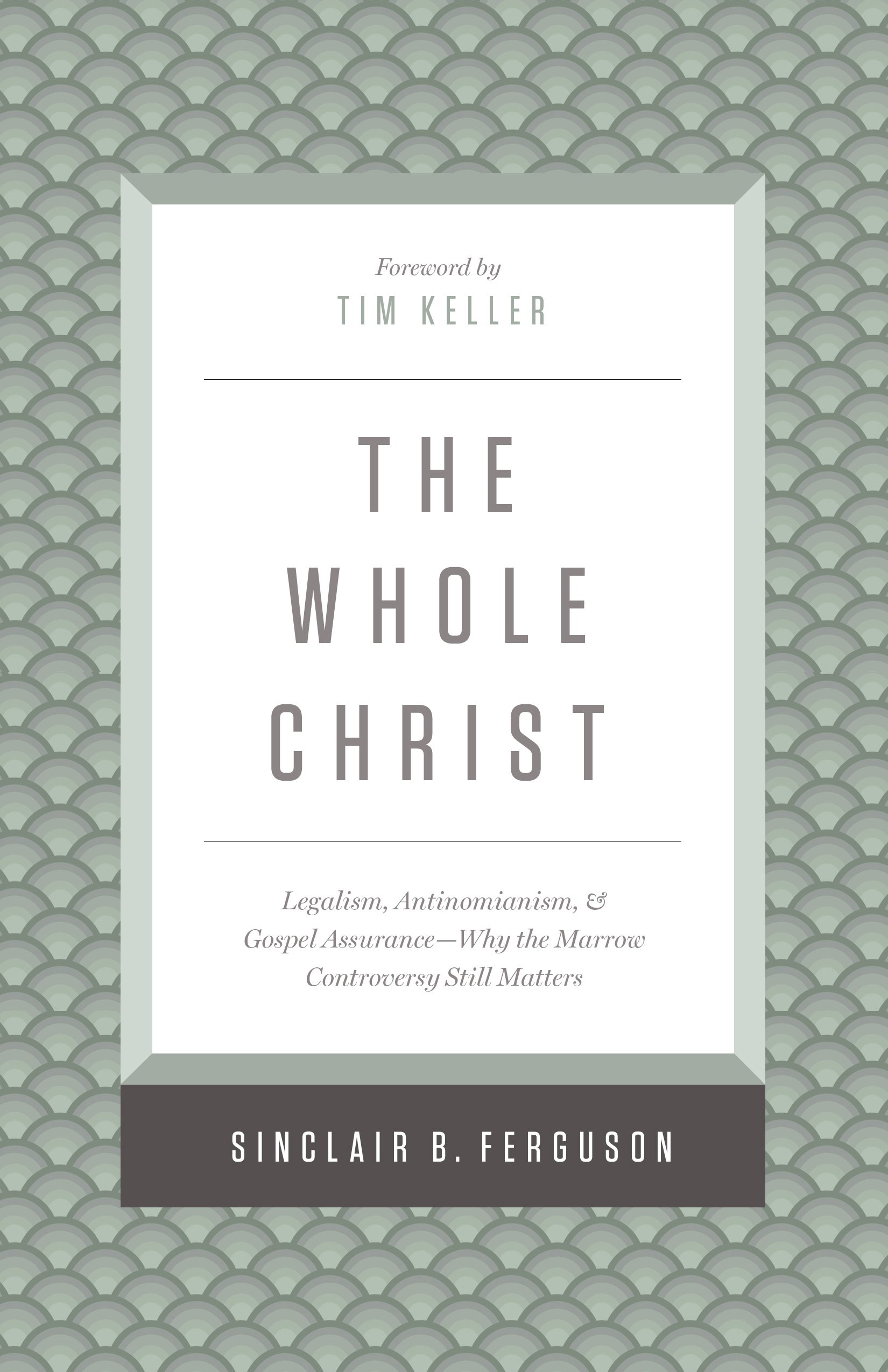Chapter 1
How a Marrow Grew
The Marrow Controversy began in a small Scottish village in 1717 when a young man struggled over a particular question posed to him during his oral ordination exam. The question, which was later labeled the “Auchterarder Creed” after the town itself, considered whether or not a person must forsake sin in order to come to Christ. When the local counsel voided the young man’s previously-granted license, he appealed to the General Assembly of the Church of Scotland. At the Assembly meeting, his license was restored, but the subject sparked a conversation between two Scottish pastors that would lead to the rediscovery of a controversial book from a previous generation.
As the two ministers began to further discuss the nature of offering the gospel to unbelievers, Thomas Boston (1676–1732), who would soon publish his beloved treatise, Human Nature in Its Fourfold State (1720), recommended a book to his friend John Drummond. That book was The Marrow of Modern Divinity, a largely-forgotten work written (most likely) by a London barber surgeon named Edward Fisher and published in two parts in 1645 and 1648. The brief conversation between Boston and Drummond soon led to the book being republished in Scotland and then published again with explanatory notes from Boston himself, despite the Scottish General Assembly’s condemnation of the book in 1720.
At the heart of the matter was an on-going debate over the nature of the law and the gospel and, specifically, how the grace of God ought to be preached to unbelievers. The Assembly accused the supporters of the Marrow of encouraging antinomianism, while the “Marrow Men” themselves feared that their Assembly had fallen into a dangerous form of legalism. For Boston and his friends, the very nature of the gospel was at stake in this controversy.
Chapter 2
Grace in the Gospel
Although both the Marrow men and the General Assembly held to particular redemption as articulated in the Westminster Confession, the two sides disagreed on the proper way to offer the gospel to unbelievers. A specific statement in the Marrow exhorting ministers to go and tell every man that Christ had died for him became a centerpiece in the controversy. Boston celebrated this announcement because it highlighted the fullness of grace found in Christ as well as the free availability of God’s grace to all. By contrast, Boston feared that in suggesting that unbelievers must forsake sin first in order to experience grace (the implication of condemning the Auchterarder Creed), his opponents were making repentance a condition for rather than the result of grace. As Boston would demonstrate, such thinking was likely to cloud a believer’s thinking throughout his or her entire Christian journey.
At the heart of this fallacy was a tendency to separate the blessings of salvation in Christ from Christ himself, an issue the church continues to struggle with today. When Christians abstract the gifts of Christ from the person of Christ, they subtly shift away from the gospel of the New Testament. In the eighteenth-century, this shift led some Calvinists to only offer the gospel to people who demonstrated signs of election. Such convictions left individuals examining their lives for the fruit of repentance in order to feel ready to repent and led to thinking of Christ as a means to an end. The flawed logic of these Calvinists is actually built on a similar line of reasoning as Arminians employ when they argue that one cannot offer the gospel to all without believing in universal redemption. In both instances, the blessings of salvation are separated from the Benefactor himself.
The New Testament, by contrast, emphasized the qualifications of Christ himself rather than…
[To continue reading this summary, please see below....]The remainder of this article is premium content. Become a member to continue reading.
Already have an account? Sign In
